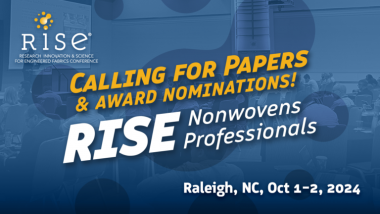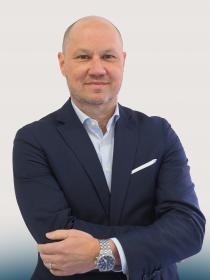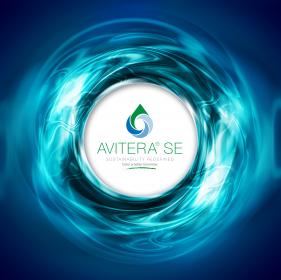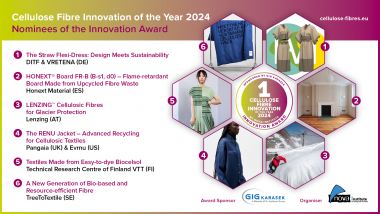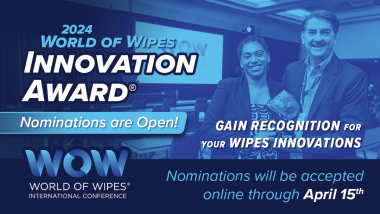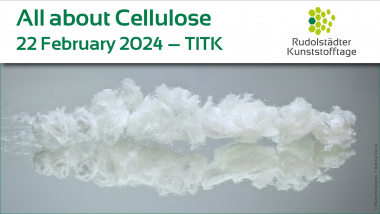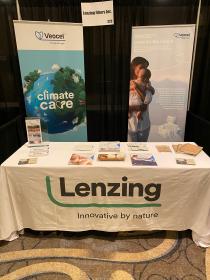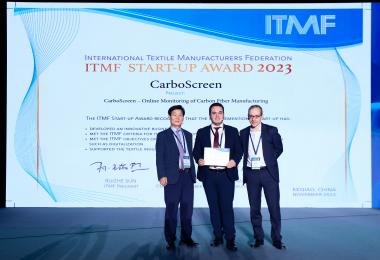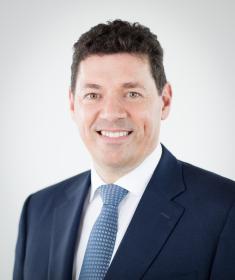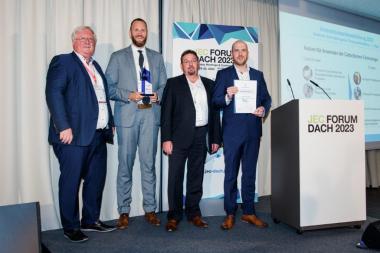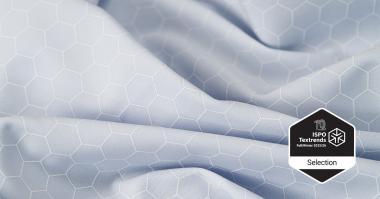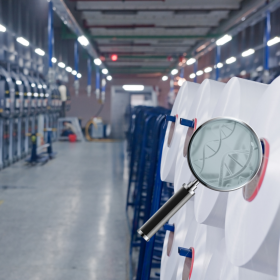RISE® 2024: Call for Presentations and Award Nominations
INDA, the Association of the Nonwoven Fabrics Industry, announced a call for presentations and award nominations for the RISE® (Research, Innovation & Science for Engineered Fabrics) Conference. RISE will be held October 1-2, 2024, at the James B. Hunt, Jr. Library, North Carolina State University, Raleigh, North Carolina. RISE is a two-day conference presenting new research and science that drives innovation and product development. The theme for this year’s event is “The Other Sustainability Story: Extended Use and Reduced Consumption.”
Nonwoven professionals are encouraged to submit their technical abstracts by Friday, April 12, 2024. Topics being considered are raw materials, equipment and processing, product-related technologies, and applications. Abstracts may be submitted via the RISE website. For questions about abstract submissions, contact Deanna Lovell.
RISE® Innovation Award
In addition, INDA is requesting nominations for innovative nonwoven products and technologies for the RISE® Innovation Award. INDA will consider categories such as raw materials, roll goods, converting, packaging, active ingredients, binders, additives and end products for nominations. This Award recognizes innovation in areas within and on the periphery of the nonwovens industry, utilizing advanced science and engineering principles to develop solutions to problems and advance the usage of nonwovens.
Three finalists will be chosen to present their innovations to technology scouts, scientists, researchers, and industry professionals on Tuesday, October 1st. Nominations may be submitted via the INDA website. The Award submission deadline is July 29, 2024. For questions about the Award, contact Vickie Smead.
Last year, the RISE® Innovation Award was presented to TiHive for their SAPMonit technology.
INDA, the Association of the Nonwoven Fabrics Industry


